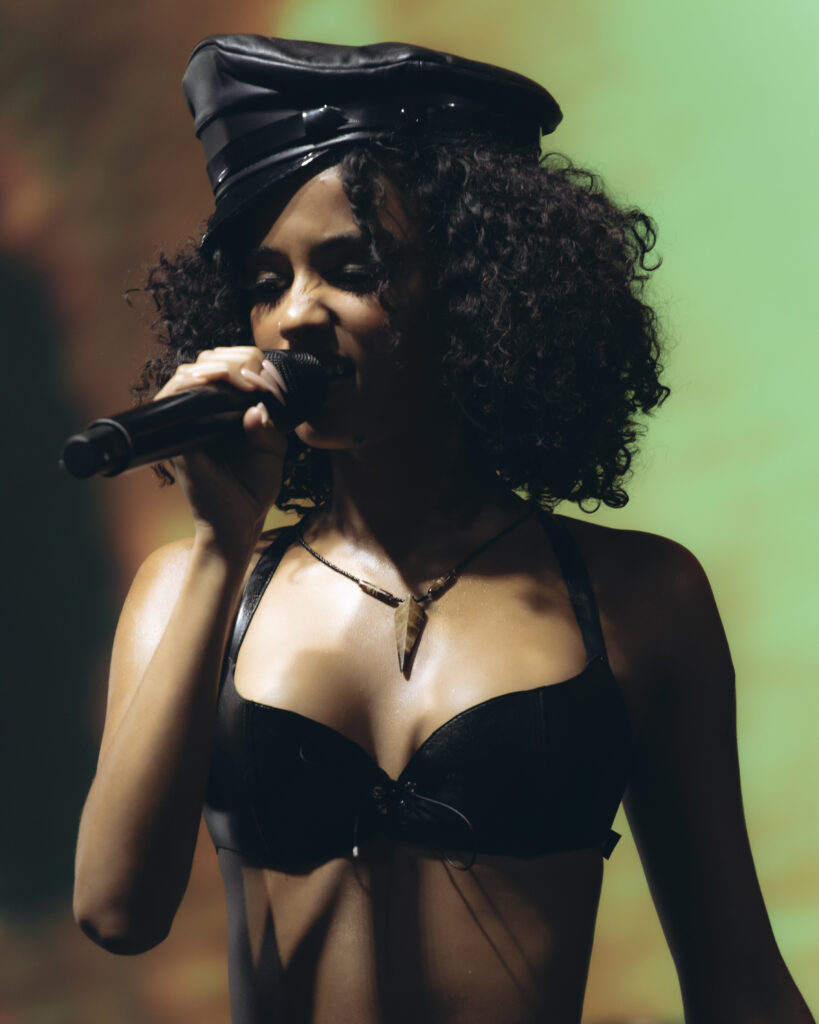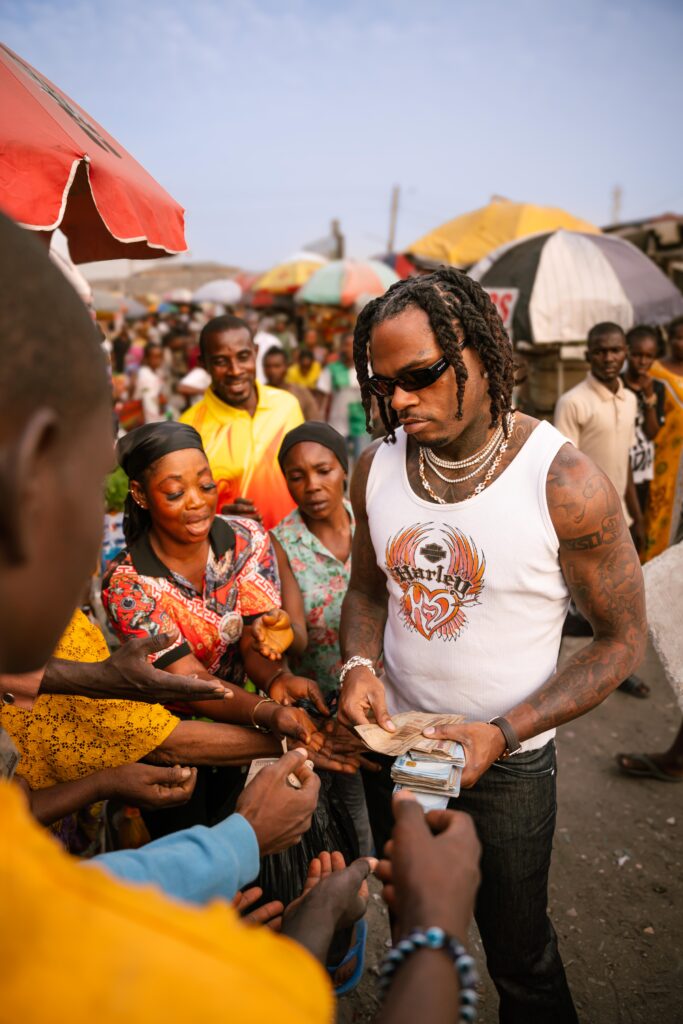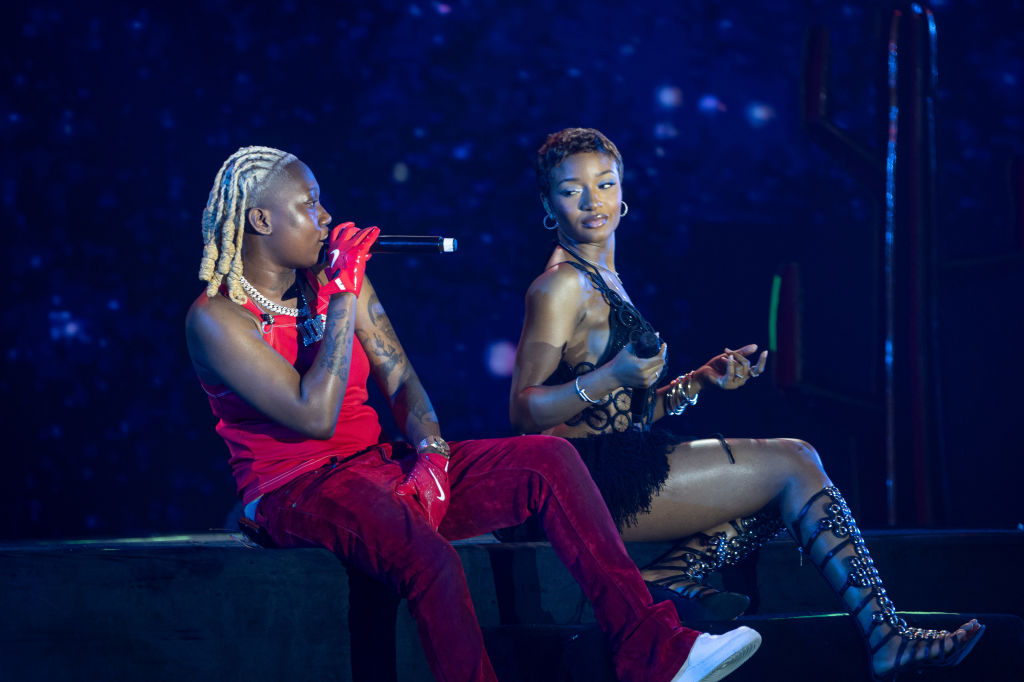For diasporans locally known as ‘I Just Got Back’ (IJGB), coming to Lagos for ‘Detty December’ — a time when Nigeria’s cities come alive with celebrations, music, and cultural events — feels like home reimagined, where tradition meets the future.
By early December, the arrival halls at the Murtala Muhammed International Airport in Lagos had begun to fill with luxury luggage, designer sunglasses and foreign accents. Soon, the ripple became a wave — a surge of international celebrities, diasporans locally known as ‘I Just Got Back’ (IJGB), and high-profile figures descending on the city.
‘I Just Got Back,’ the phrase once whispered with pride by Nigerians returning from the West, now rings out as a collective mantra. This year, they arrived in droves. From island parties to sold-out shows, Lagos transformed into Africa’s cultural epicenter in December.

The New Gold Rush
Much like the California gold rush of 1848, Lagos became the center of attraction — but this time, the gold is culture. Afrobeats, the genre that has captured the world’s attention, isn’t just a playlist — it’s the soundtrack to an entire movement.
Loading...
Spotify’s latest data supports this. Afrobeats has grown by 114% globally, and Nigerian artists dominate the charts. In the 2025 Grammys, the category for Best African Music Performance reads more like a Lagos block party — David ‘Davido’ Adeleke, Ayodeji ‘Wizkid’ Balogun, Damini ‘Burna Boy’ Ogulu, Temilade ‘Tems’ Openiyi, Ahmed ‘Asake’ Ololade.
Burna Boy, Davido, and Wizkid dominate global charts, while South Africa’s Tyla Seethal, American rapper Sergio ‘Gunna’ Kitchens, and British-Nigerian rapper Oluwafisayo ‘Darkoo’ Isa cross oceans to share the stage at the four-day Lagos’ Flytime Fest attended by over 30,000 fun-seekers. It’s a festival that, since 2004, has grown from a local event to a pilgrimage for anyone who claims to understand music’s next frontier.
“Afrobeats is a new culture wave, and people are coming to the source,” says Abuchi Peter Ugwu, CEO of Chocolate City Music. “It’s the fear of missing out (FoMO) — nobody wants to miss out on the wave.”
By midnight, the skyline twinkles — not from distant stars, but from the glare of concert lights, fireworks, and phone screens held high by thousands who have returned home to dance beneath the Lagos sky.
Time Out magazine recently named Lagos the sixth best city in the world for nightlife, a ranking driven by Afrobeats’ meteoric rise. For diasporans, ‘Detty December’ isn’t just a holiday; it’s an initiation into the pulse of home.

While Ghana’s ‘Year of Return’ anchored itself in cultural heritage, Lagos builds its empire around celebration, nightlife, and entertainment. As December rolls around, it’s impossible to scroll through Instagram without seeing clips from rooftop parties, fashion events, or pop-up concerts.
“Nigeria is Africa’s entertainment heartbeat,” says Keke Hammond, Chief Operations Officer of Flytime Fest. “’Detty December’ isn’t just about music. From October, the city kicks off with art exhibitions, November blends into fashion week, and by December — music owns the streets.”
Lagos, unlike any other city, doesn’t just host events — it orchestrates a crescendo that peaks at the Lagos Countdown, a state-backed fireworks display and concert, ringing in the New Year with crowds serenaded with performances by Nigeria’s biggest act at select venues. Wizkid and Burna Boy were among the headliners this year.
A City That Sells Out
By mid-December, Lagos feels stretched to its limits. Hotel rooms vanish overnight. Private villas in Lekki and Ikoyi double their rates. And getting a table at a high-end restaurant? Forget it.
But for every champagne bottle popped, there’s the reality of rising inflation and a naira that struggles to hold its value. At 34.6% inflation in November, Nigeria’s economy is stretched thin.
Still, the influx of tourists and diasporans offers a lifeline as they spend dollars, euros, and pounds across the city’s luxury hotels, boutiques and street markets. Foreign exchange inflows hit $22.9 billion in Q3 2024, a 3% increase quarter-on-quarter.
“Nigerians are resilient and very creative. We defy every single norm. And we have a contagious energy,” says Hammond.
The Future Of ‘Detty December’
With the Lagos Arena under construction, set to house 12,000 people by late 2025, the city is preparing for even more grand-scale events. For now, pop-up concerts spill into streets and boutique hotels burst at the seams with bookings from London, New York, and Toronto.
“We need to make sure that we are able to accommodate the influx, in terms of hotels and things of that nature,” Hammond says.
Ugwu also believes the boom can’t just stop at entertainment. “We need infrastructure. If you can build train systems or affordable transport, imagine the reach. Let young people from other locations experience a Burna Boy show without worrying about ride-hailing costs.”
He pauses. “There are a lot of young people that don’t even experience the culture. I feel like the government has the responsibility to make that happen. Crime drops when young people feel part of something bigger than them.”
As the world watches Afrobeats conquer charts and Nigerian designers dress Hollywood’s elite, the real show is happening under the December skies of Lagos. And those who just got back? They’re already planning next year’s return.
Loading...
